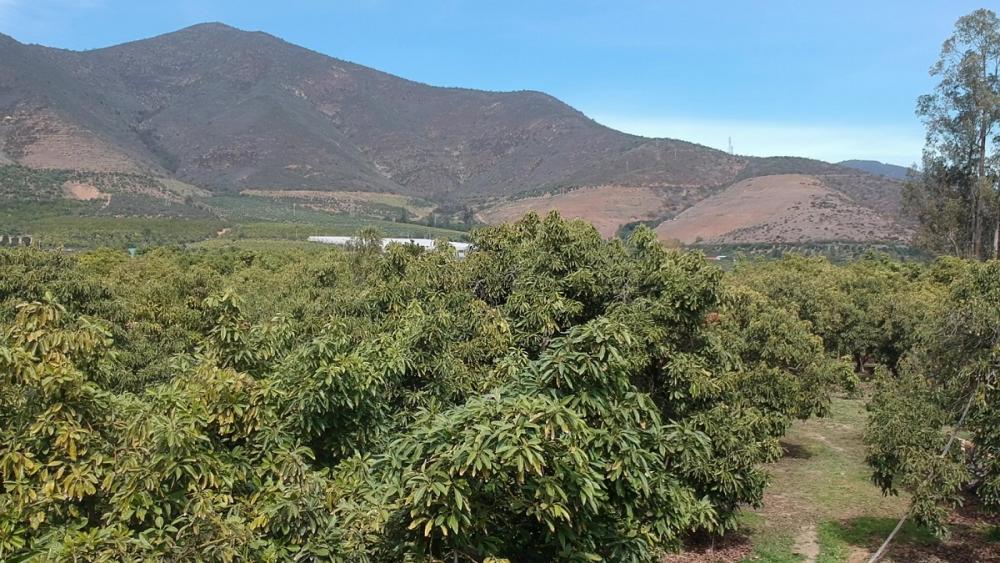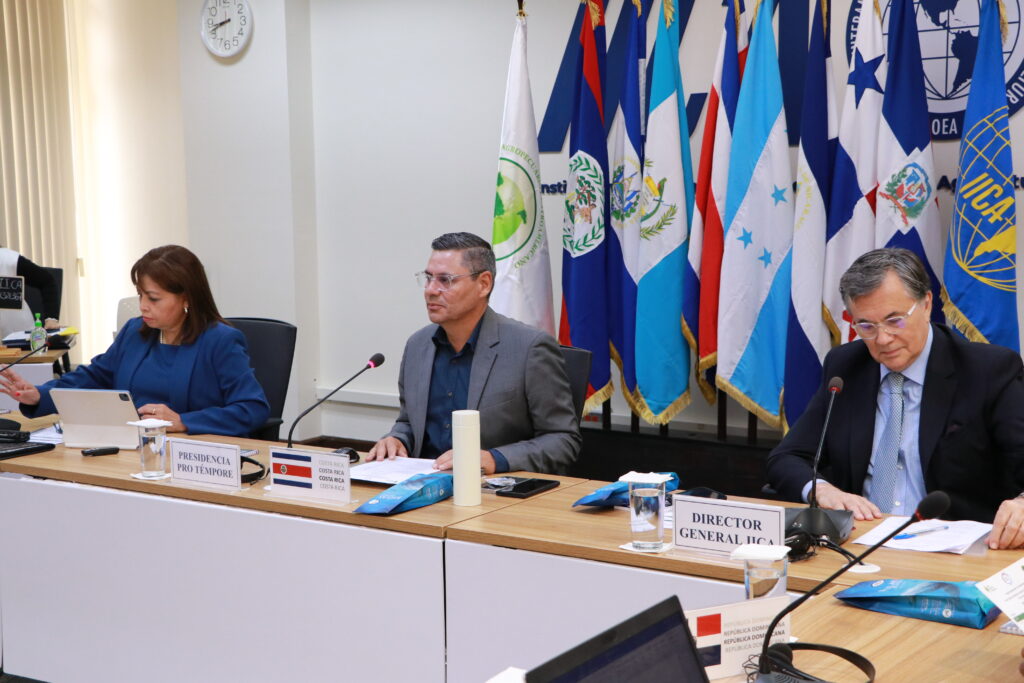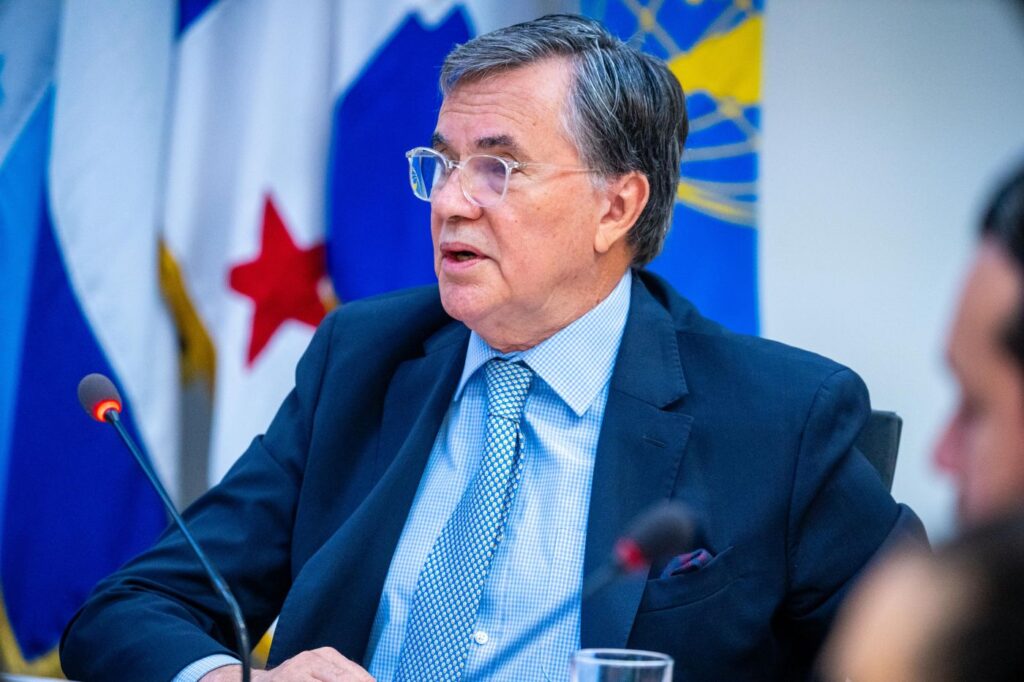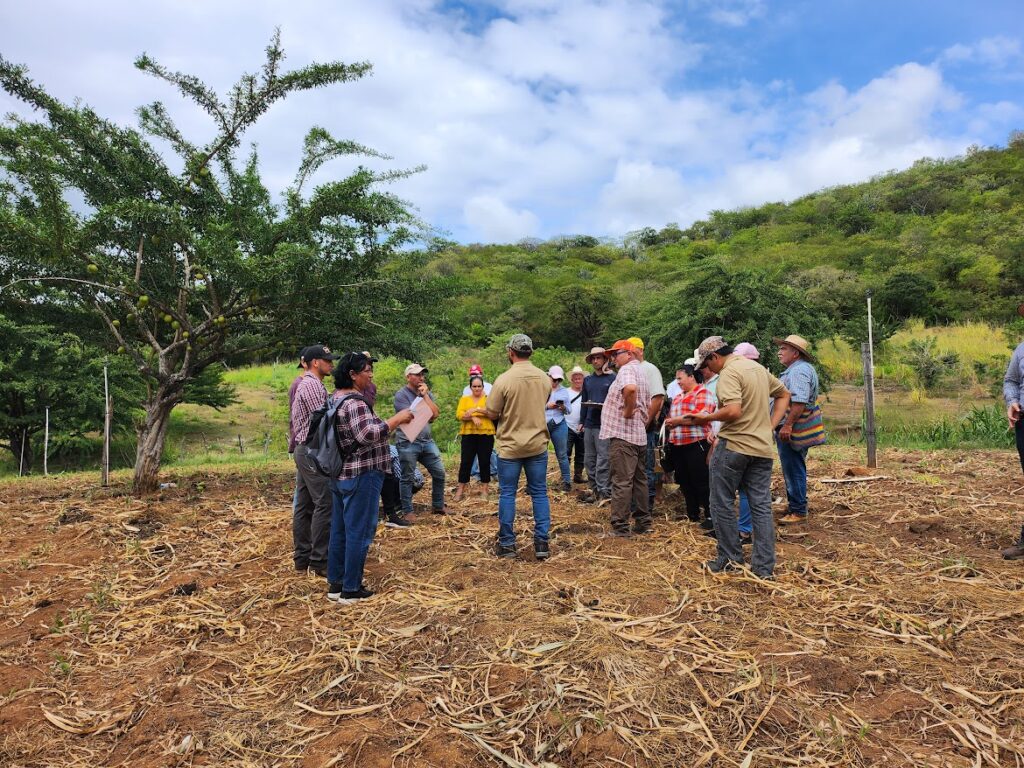El Instituto de Investigaciones Agropecuarias (INIA) de Chile y el IICA presentarán experiencias internacionales para aumentar la seguridad hídrica y la sostenibilidad de la producción agropecuaria del país andino.

San José, 4 de septiembre de 2020 (IICA). Ante los desafíos de nuevas fuentes de agua para la agricultura y su sustentabilidad futura, la desalinización y reúso de agua con fines múltiples, entre ellos la agricultura, surge como una alternativa a considerar y desarrollar, especialmente en zonas críticas por baja disponibilidad de agua actual y futura.
En Chile, la región de Valparaíso sufre una sequía persistente desde hace 12 años, y a julio del 2020 presentaba un 28% de déficit de precipitaciones. Las perspectivas son aún peores que el presente: se espera que hacia fin de año ese porcentaje se eleve a un 35%, justamente en la zona que concentra más de la mitad de la producción nacional de paltas (aguacates) del país, según los datos del último censo agrícola realizado por el Ministerio de Agricultura (MINAGRI) de Chile.
Fernando Santa Cruz lleva más de 40 años en el mundo de las paltas en la localidad de La Cruz, la capital de este fruto en Chile. De productor minorista, Fernando se encuentra ahora entre los productores medianos, exportando variedad Hass a Europa.
“Nos acostumbramos a tener agua, después crecimos algunos con pozos, otros tecnificando, pero la sequía nos llama a pensar más allá, en el manejo sustentable de la cuenca, este año tuvimos una cosecha con buen calibre por la poca agua que cayó, pero debemos pensar a futuro”, dijo.
Fernando cuenta también que como productores han pasado años muy duros debido a las sequías y, pese a ello, la superficie plantada sigue en crecimiento. Por lo tanto, la necesidad de agua y una demanda global al alza del producto demandan visiones a más largo plazo y tecnologías que permitan incrementar la disponibilidad del recurso hídrico para la agricultura. Una de ellas es la desalinización de agua de mar.
En la región están enfrentando estos desafíos de varias maneras, entre ellas con la tentativa de regularizar derechos de agua, riego tecnificado y manejo fitosanitario.
El servicio encargado de la innovación del MINAGRI, el Instituto de Investigaciones Agropecuarias (INIA), filial La Cruz, ha venido estudiando el tema y recogiendo experiencias existentes tanto en Chile como fuera del país, “a fin de colaborar desde nuestras propias competencias, aportando antecedentes científico-técnicos que permitan generar un escenario que viabilice esta opción para apoyar la producción futura de alimentos”, comenta el Director Regional Patricio Fuenzalida.
En ese contexto, el INIA y el Instituto Interamericano de Cooperación para la Agricultura (IICA), aliado internacional con experiencias concretas de desarrollo integral de cuencas hidrológicas en Paraguay y Brasil, llevarán a cabo el 10 septiembre un seminario que abordará esta temática desde la perspectiva de la seguridad hídrica. En el seminario, también, se abordarán las oportunidades concretas que nacen de experiencias con agricultura familiar en un marco de mayor sustentabilidad.
“La seguridad hídrica tanto de Chile como de América es un desafío que debe considerar soluciones integrales. Así, el Programa Agua Dulce (PAD), desarrollado en Brasil por el Ministerio de Medio Ambiente (MMA) con la participación del IICA, atiende a más de 200 mil personas instalando unidades de desalinización en comunidades rurales remotas, del sector semiárido, experiencia escalable a zonas similares de América”, dijo Hernán Chiriboga, Representante del IICA en Chile.
El seminario “La Desalinización como fuente para el riego agrícola. Experiencias y Perspectivas en Chile y América” compartirá las siguientes temáticas, apuntando a la desalinización como alternativa para seguridad hídrica en América Latina:
“Perspectivas desalinización de la Agricultura en Chile”, a cargo de Patricio Fuenzalida, Ms. Ingeniero Forestal. Director INIA LA Cruz.
“Demanda y calidad del agua para la agricultura”, por Francisco Meza A. Msc. Ing. Agrónomo. INIA.
“Desalinización y reúso de agua, dos alternativas factibles para la agricultura en Latinoamérica” de parte de Ivo Radic, Representante para Chile de ALADyR (Asociación Latinoamericana de Desalación y Reúso). Director VIGA Flow S.A.
“La experiencia del Programa de Agua Dulce en Brasil. Unidades de desalinización de osmosis inversa, una alternativa de bajo costo”, la charla internacional de Gertjan B. Beekman. Dr. Civil Engineer y Dra. Romelia Souza. IICA Brasil.
El seminario está destinado a productores en general de la región de Valparaíso, a extensionistas y especialistas en recursos hídricos de habla hispana, a tomadores de decisiones y en especial a agricultores familiares, como Maritza Leiva, productora de la agricultura familiar en Quillota, invitada a este evento y deseosa de tomar contacto con experiencias internacionales e información de factibilidad técnica, logística y económica de estos programas, que ya se han implementado en otros países con éxito y participación.
“Me parece muy interesante poder aprender de estos temas, ya que el problema de la falta de lluvia es una realidad y debemos pensar más allá, aunque muchos de nosotros no dependemos del canal, ya que hemos podido ir avanzando en riego tecnificado, en implementar palto Hass clonal y renovando poco a poco en 12 años de manejo, de trabajo y esfuerzo, espero poder seguir aprendiendo con el IICA para seguir produciendo alimentos sanos por mucho tiempo” dijo Leiva.
Para participar en el seminario del 10 de septiembre es necesario inscribirse en el siguiente link:
https://iica.zoom.us/j/98956859608?pwd=M1VyMW0zb3FPMkNpR0QrSXRaTmY0Zz09
Más información:
Representación del IICA en Chile.
roberto.castro.consultor@iica.int










